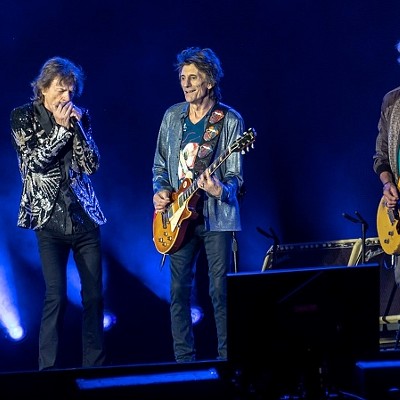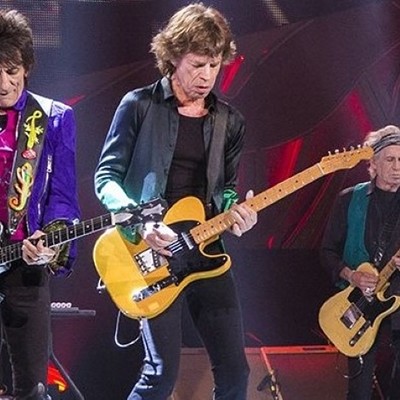At 7 a.m. today, 56 parking meters scattered along the Washington Avenue area will be turned on, the first step in a new plan the City of Houston hopes will eventually relieve the severe traffic congestion that at peak times can suffocate one of its most popular entertainment corridors.
As announced Tuesday, the meters will cover a stretch of Washington lasting running about three miles, from Houston Avenue to Westcott Street. Between the side streets of Center to the north and Lillian/Decatur to the south, the area has been designated Houston's first-ever Parking Benefit District, or PBD.
Created by City Council in December 2012, the Washington Avenue PBD is supposed to funnel 60 percent of the revenue collected from these new meters directly into an array of community improvements that could include landscaping, public safety, sidewalk improvements or lighting. (The money collected from meters in other parts of Houston goes into the city's General Fund.)
At first glance, it may not seem like fewer than five dozen parking meters could make much of a dent, in either Washington's late-night gridlock or the new PBD's coffers, but Don Pagel would beg to differ.
A Deputy Director of the city's Department of Administrative and Regulatory Affairs and boss of its Parking Management Division, Pagel says he expects the meters to bring in between $500,000 and $600,000 over the course of the Washington PBD's 18-month pilot program.
That's a lot of quarters, though the meters are also accessible via credit card or the Parkmobile smartphone app. But Pagel is really hoping that the meters are like pushing over the first domino that leads to a complete realignment of the way people approach parking in the Washington corridor. Eliminating the dogged search for that magic free parking spot could actually help increase the area's safety by reducing congestion, Pagel points out.
"The notion of not having any free parking available generally causes people to take the first space they can find," he says.
No more free parking also creates an incentive for private parking companies to think about pooling their resources to create some kind of shared facility, Pagel adds. While he says has heard of no such plans afoot here yet, Pagel cautions that it is still early on in Houston's plan and that, although PBDs have been tried in other cities, the Washington program is one of the biggest he's seen thus far.
"I think we'll see more interest in some of these [shared parking] organizations as we move a few months," he says.






